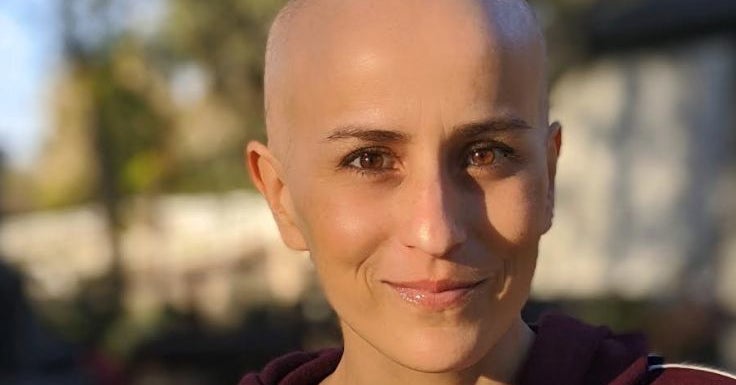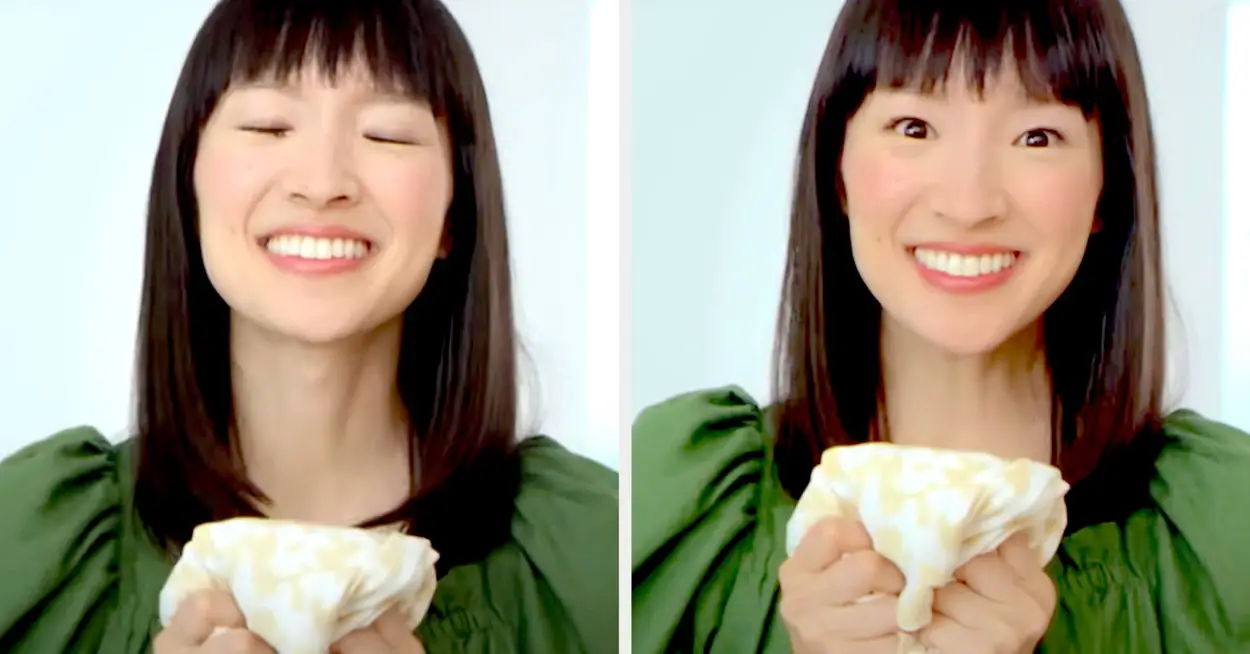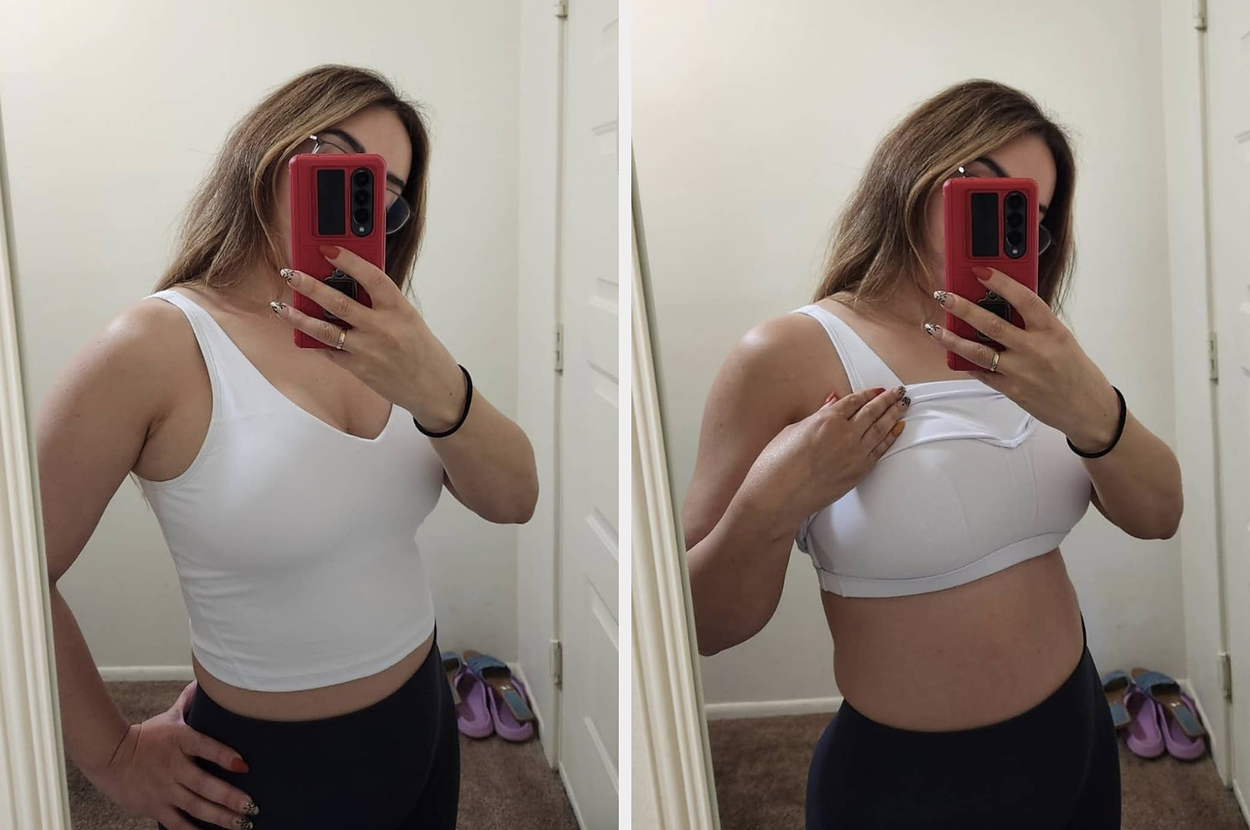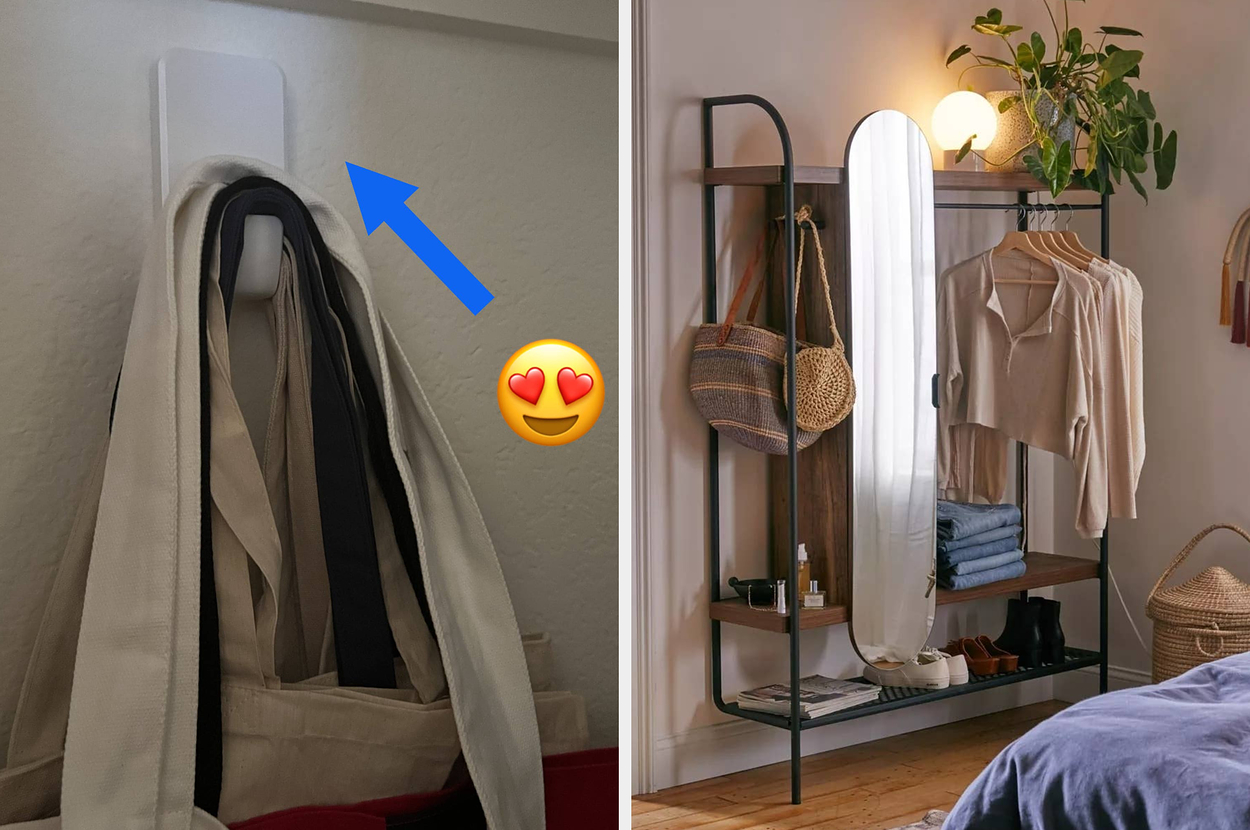Most doctors are intelligent, compassionate human beings, but they are human. And medicine is a business, which means doctors can be overworked, pressed for time and dismissive of patient complaints, especially if that patient is a woman. In my case, the casual dismissal of my symptoms almost cost me my life.
It was October 2019 when my new OB-GYN ― let’s call her Dr. Can’t Be Bothered ― gave me what I considered to be life-changing news.
“You have a two-centimeter tumor on your uterine cervix,” she said, without even a hint of concern. For me, those words felt like a knife to the gut. A tumor? Me? How?
Then her phone rang, and she left the room.
By the time she returned, tears had welled up in my eyes. “Do I have cancer?” I asked, terrified and confused. As a non-doctor, when I hear the word “tumor,” my first thought is cancer. Hers was not.
“No, no,” Dr. Can’t Be Bothered assured me. “This is not how cancer behaves.” Then she added a sentence I’ll never forget: “For you to have cancer at this age, with this medical history, it would be like winning the lottery.”
This did not make me feel better. She seemed unconcerned about the tumor growing in my pelvis, but I was not. She explained I would need a biopsy, but assured me it was probably fibroids, a benign growth, maybe a polyp, or a million other little non-cancer things. I would have to go under anesthesia for the biopsy, and it would be an “all-day” affair. Not wanting this tumor-thingy hanging over my head, I asked to schedule the surgery as quickly as possible.
Dr. CBB once again told me there was no rush, even though the radiology report stated the tumor was “of concern.”
In fact, she was going on vacation for two weeks and her schedule was full. We would have to put off the procedure for at least four weeks. I asked if I could get in sooner ― perhaps a different doctor could perform the biopsy?
“It’s not necessary,” she said. “Just be patient.”
She made me feel like I was overreacting, like I was ignorant of how “these things work.” I peppered her with questions about the Big C, to which she kept saying, “No, no, that’s not how cancer behaves.” I let it go ― after all, she’d gone to medical school and I hadn’t. She wore a white coat, and I was a 34-year-old whose work wardrobe still included yoga pants. It was not my place to argue with her.
On my drive home I called my mother. I explained everything the doctor told me, but I couldn’t stop crying. I felt that something was wrong ― like, really wrong. And I was angry the doctor wasn’t taking this seriously. My mother agreed.
On instinct, I called up my old OB-GYN. Sobbing, I explained my situation and begged for an urgent appointment.
When it comes to certain cancers, time matters. Forty-eight hours later I was once again sitting in a doctor’s office, only this time, it was a completely different experience.
My old doctor spoke to me with kindness and concern. He explained exactly what the ultrasound revealed, and went over all the tests he was about to perform, including another ultrasound, a colposcopy, and an in-office biopsy with no anesthesia and no surgery required. He even said to me, “I know you’re scared, but we’re going to do everything we can to figure out what’s going on.”
Turns out, I had won the lottery.
The biopsy revealed I had a very rare cancer called high-grade small-cell neuroendocrine. I would need a radical hysterectomy ― where they remove the uterus, cervix, ovaries, fallopian tubes, a third of the vaginal canal, and multiple pelvic lymph nodes ― along with adjuvant chemotherapy and radiation.
After my diagnosis, my entire world turned upside down. It was an onslaught of appointments, scans, and hard bathroom-floor crying. My imaging showed only “local disease,” which means it had not metastasized to other parts of my body. My surgical oncologist said she was relieved. “Often patients with neuroendocrine cancer walk in at stage 4 ― it’s that aggressive,” she said. “You’re lucky you came when you did.”
Source link











Leave a Reply